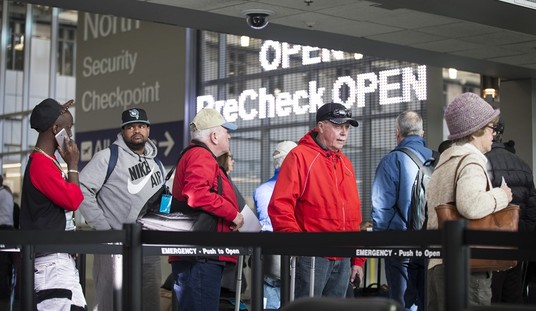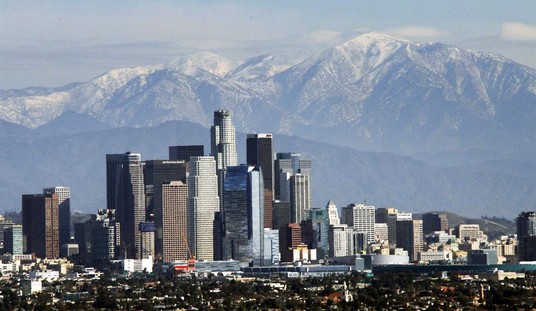If there has been one positive result from the recent knife fight in an alley that has been our debt ceiling debate, it’s come from watching the self-appointed Smartest People In The Room come to the belated realization that they’ve been out-maneuvered by a bunch of hobbits. No, don’t take it from me: listen to them. A representative sample is below.
- Paul Krugman: “The worst thing you can do in these circumstances is slash government spending…” preceded and followed by a lot of nonsensical blather, of course. Feel free to read or not, as you like; the point is, Krugman thinks that more government spending will solve our problems, so he’s shrieking over this like a traditionalist vampire shrieks at a holy symbol.
- Greg Sargent: “Even if you think it’s good politics for Dems to be demonstrating concern about deficits and spending, the clear downside is that the progressive economic case has been entirely marginalized, to the point where it has vanished from the conversation entirely.” Bolding mine; it’s not really relevant to this post, but that mindset is a post all on its own.
- Senator Dick Durbin: “I would say … that symbolically, that agreement is moving us to the point where we are having the final interment of John Maynard Keynes… [h]e normally died in 1946 but it appears we are going to put him to his final rest with this agreement.” Two things: one, via Jim Geraghty, who got this meme in first again (I’ve been ill). Second, I do admit that I’m asking you to take seriously the commentary of a guy who doesn’t know how many Senators it takes to pass a budget, but it’s not the rest of the people on this list are much better.
- E.J. Dionne: “…the poll pointed to another aspect of the deficit obsession that is insidious from the point of view of those who favor Keynesian or progressive economics. The new survey repeated a question posed last March in which respondents were asked whether they thought cuts in federal spending would help the job situation, hurt it or not have much effect. In March, only 18 percent said cuts would help the job situation while 34 percent said they would hurt. But in the July survey, 26 percent said cuts would help the job situation, up eight points, while 27 said they would hurt, down seven points.” Dionne isn’t happy about that, mind you.
- Lastly, a demonstration of the depth that the neo-Keynesians are losing this one, from the American people themselves apparently: “21. Do you think large cuts in federal spending would do more to (create jobs) or do more to (cut jobs) in this country?” The answer to that was 47/44, and represents a flip from 41/45 the other way in March (H/T Dave Weigel, who is careful not to mention how annoyed this makes him).
Something to consider when thinking about this looming debt deal: if you think that changing the topic of discussion from “Should we cut spending to get out of this mess?” to “Where do we cut spending to get out of this mess?” is unimportant, think about where we’d be right now if we hadn’t managed to get the topic changed. Which is not an invitation to sit on one’s laurels, as we’ve just started to correct course – and it’s not going to be easy to correct course. If it was easy, somebody would have done it already and taken credit for it. No, fixing the economy is going to be a royal pain in the rear, not to mention a largely thankless job with a frustrating amount of reversals, betrayals, and backsliding. If this doesn’t appeal, best to drop out now before you’re completely burned out by events.
Moe Lane (crosspost)
PS: It’s ‘neo’-Keynesianism because I’m pretty sure that John Maynard Keynes would choke on his mustache at the thought that his theory would justify the government to just keep spending money, no matter what. In other words… the Democratic party stopped reading when they saw the bit about using government money to end recessions early, and decided to go with that, pretty exclusively. At least, that’s how it looks to this cynical non-economist – yeah, I’m happy to admit that. Have you seen what acute idiocies actual economists have gotten us into, lately?
PS: Ed Driscoll considers the death of Keynesianism as well.














Join the conversation as a VIP Member